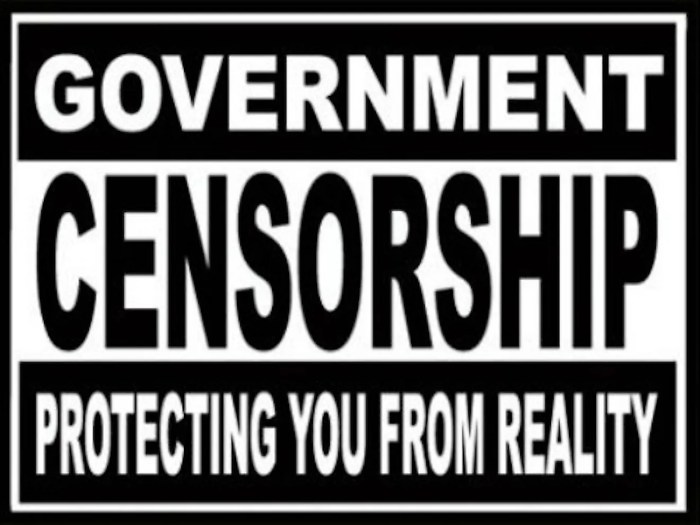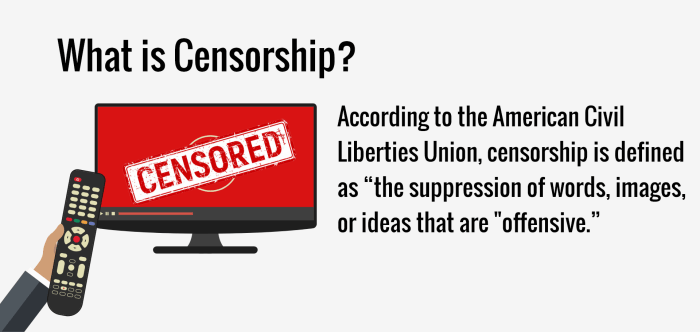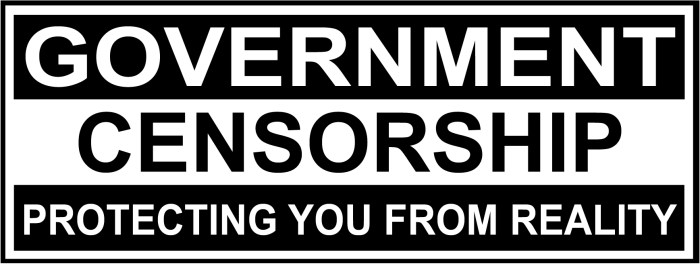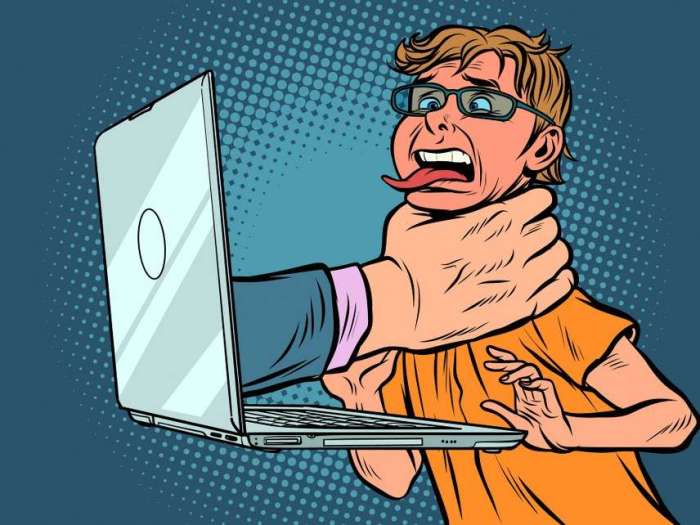Which political action would be unacceptable to John Locke? This question delves into the core of Locke’s political philosophy, exploring the boundaries of acceptable governance and the limits of government authority. Locke’s ideas have profoundly shaped modern democratic thought, and understanding his views on unacceptable political actions is crucial for comprehending the foundations of liberal democracy.
Locke believed that all individuals possess inherent natural rights, including the rights to life, liberty, and property. Any political action that violates these rights would be unacceptable to him. Additionally, Locke advocated for the separation of powers and the rule of law, arguing that the government’s authority should be limited to prevent tyranny and oppression.
Unacceptable Political Actions According to John Locke: Which Political Action Would Be Unacceptable To John Locke

John Locke, a renowned philosopher of the 17th century, developed a comprehensive political philosophy emphasizing individual rights, limited government, and the social contract. His ideas have significantly influenced modern democratic societies and constitutional principles.
Violation of Natural Rights, Which political action would be unacceptable to john locke
Locke believed that all individuals possess inherent and inalienable natural rights, including the rights to life, liberty, and property. Any political action that violates these rights, such as arbitrary imprisonment or denial of property ownership, would be considered unacceptable.
Usurpation of Power
Locke advocated for the separation of powers and the limitation of government authority. Actions that could be seen as an unacceptable usurpation of power include excessive taxation, the establishment of a dictatorship, or the concentration of too much power in the hands of a single individual or group.
Tyranny and Oppression
Locke defined tyranny as the exercise of power in an arbitrary and oppressive manner. Specific actions that would constitute tyranny include the use of excessive force, the suppression of dissent, or the denial of basic freedoms.
Breaches of Social Contract
According to Locke, the social contract is an implicit agreement between the government and the people, where the government agrees to protect individual rights in exchange for the people’s consent to be governed. Actions that violate the terms of this contract, such as the government failing to protect individual rights or the people engaging in insurrection, would be considered unacceptable.
Actions Against the Common Good
Locke believed in the importance of the common good, which refers to the well-being and prosperity of the community as a whole. Political actions that could be deemed unacceptable because they harm the collective well-being include environmental degradation, the neglect of public welfare, or the promotion of policies that benefit only a privileged few.
Questions and Answers
What specific actions would Locke consider unacceptable?
Locke would find actions such as arbitrary imprisonment, denial of property ownership, excessive taxation, establishment of a dictatorship, use of excessive force, suppression of dissent, government failure to protect individual rights, and actions that harm the collective well-being unacceptable.
How did Locke’s views on natural rights influence his political philosophy?
Locke’s belief in natural rights led him to argue that the government’s authority should be limited to protecting these rights. He believed that any government that violated natural rights was illegitimate and could be overthrown.
What is the significance of the social contract in Locke’s political thought?
The social contract is a concept that Locke used to explain the relationship between the government and the people. He argued that the government is created by the people to protect their natural rights. If the government fails to fulfill this purpose, the people have the right to dissolve the government and form a new one.


